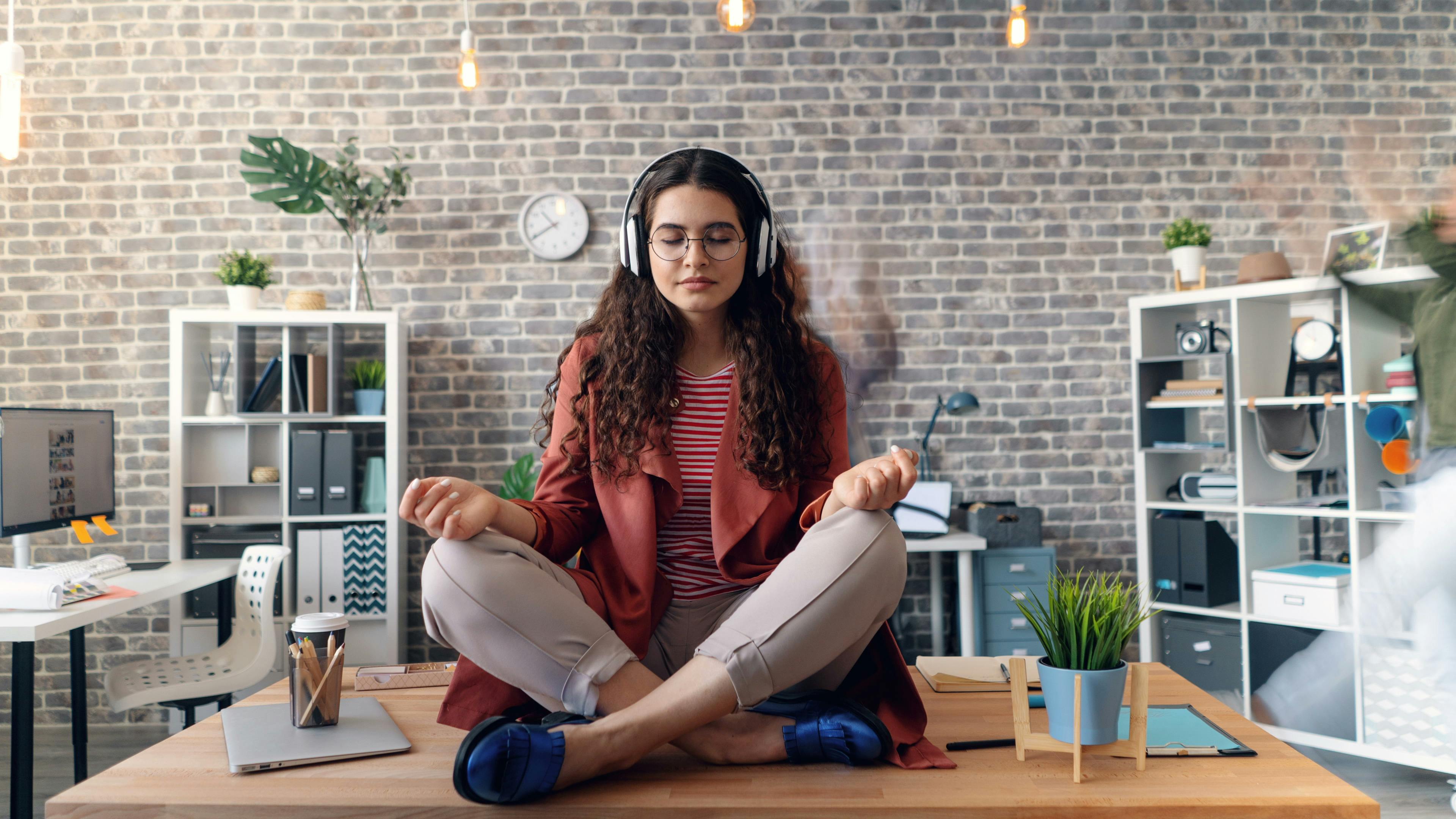How did you sleep last night?
-Dec8.png)
For many of my clients sleep can be a real issue... For years I also had serious problems falling asleep and I had already accepted my insomnia as 'normal', something I'd just have to learn to live with.
BS!! ;)
Today I know better: sleep disorders are generally a result of our lifestyle and lack of discipline (=respect?!) around our sleep time. We just seem to put everything else as more important, and sleep time is just whatever is left, if any.
That has definitely changed for me. I realised sleep was essential for my overall well-being and for my actual performance, it is essential to learn, to help the body get rid of toxins, and a long list of other - not just important but essential - functions both physical and mental. Happiness (starting with self-care) thus has to include sleep!
So, if you are serious about your well-being, here are some tips to start improving your sleep (and thus your overall life):
1) Consistency is key: go to bed and wake up at the same time every day
(Ok, plus or minus 10-15 minutes).
Find out how long you need to sleep on average. For the large majority of people this will be around 8 hours, though some might need less and others a bit more. (As long as you allow yourself enough sleep time, your internal body clock will tell you how much you need.)
Then make sure you reserve a bit more than this (you don't always fall asleep immediately) in your schedule every day - Nothing can come into that slot of time; you are already busy, sleeping! :) Respect that time as you would for any other work commitment.
It's ok to (very) occasionally do it differently. However, be aware that you can't 'recover sleep': when you go to bed late, staying in bed (much) longer in the morning is unlikely to provide extra rest but it will confuse your internal clock.
2) Setup your own winding-down routine
Quite often, we are occupied doing some activity and then we want to immediately shift from that to going to sleep. That's a hard demand on yourself.
It helps if instead you create some 'buffer time', your own bedtime routine that helps create the separation between our 'awake' and our 'sleep' time, our 'active' and 'resting' states of mind. That can include your personal hygiene (brushing your teeth, cleaning your face), getting into your pyjamas, reading a book, listening to some relaxing music, meditation or writing in your diary. I also like to take care of the kitchen and even fold my clean clothes then :) I do it calmly and without stress, as a 'closing of the day' activity.
I'd recommend at least 20-30 minutes, and definitely no screens.
3) Create a relaxing environment in your bedroom
As someone once told me, the bedroom is meant for 2 functions only: sex/love and sleep ;) The fact is that, with time, your brain learns to associate certain rooms or areas of your house with specific moods, states of mind. If you watch TV in bed, work on your computer or do other 'less relaxing' activities in your bedroom, your brain will be confused about what mood it should be in when you are in bed. It's just too diverse. Try not to use screens at all in bed (no TV, phone, etc; my own mobile never 'lives' in my bedroom unless I am travelling).
Another thing you can do is to create a soft lighting: Bright lights tend to keep us awake and alert; a softer one will more likely put you in the right mood. It is also recommended you avoid strong bright colours in your walls. And I use (double) blackout curtains/roll-downs to make sure everything is really dark once the light is off :)
4) Stop your overthinking cycle
It was quite common for me to go to bed and, the moment the light was off, my brain would start working even more. I'd think about what I had to do the next day, the things I should not forget about, the shopping list, and so many other relevant and irrelevant topics... Whatever it was, the fact is that bedtime was not the time for it.So, if your mind also goes on overdrive when you are in bed, try keeping a notebook nearby and 'unload your worry list' into it, ideally before you turn the light off but, if needed, as soon as you realise you are 'ruminating' on a specific thought or concern.If you've been trying hard to sleep and you think your insomnia is particularly bad on that day, another technique you can try is not to fall asleep. Yes, you heard it: NOT to. Focus as mush as possible on not falling asleep. See what happens ;) [It's called paradoxical intention.]
MY TOP TIP: Try to 'beditate' ;)
Check the video below to learn more and for a guided Beditation!
PS - Do look for further help, if your sleep issues are persisting and interfering with your daily life. Help is out there :) The UK's NHS, for example, has some nice tips here.
[Originally published in the newsletter 'Seeds for Growth & Joy', on 2022-12-08.]


.jpg)

![Belonging, Until You Don’t [An Expat Pocket Story]](https://cdn.prod.website-files.com/65002b28ca38d1b72d9143ec/6852c64f15ce54f9913abd7b_2025-06-18%20(1).png)
